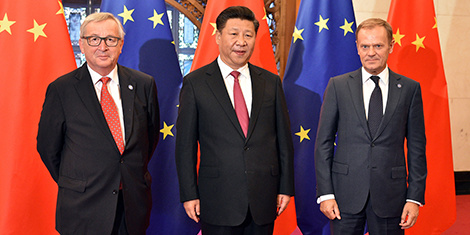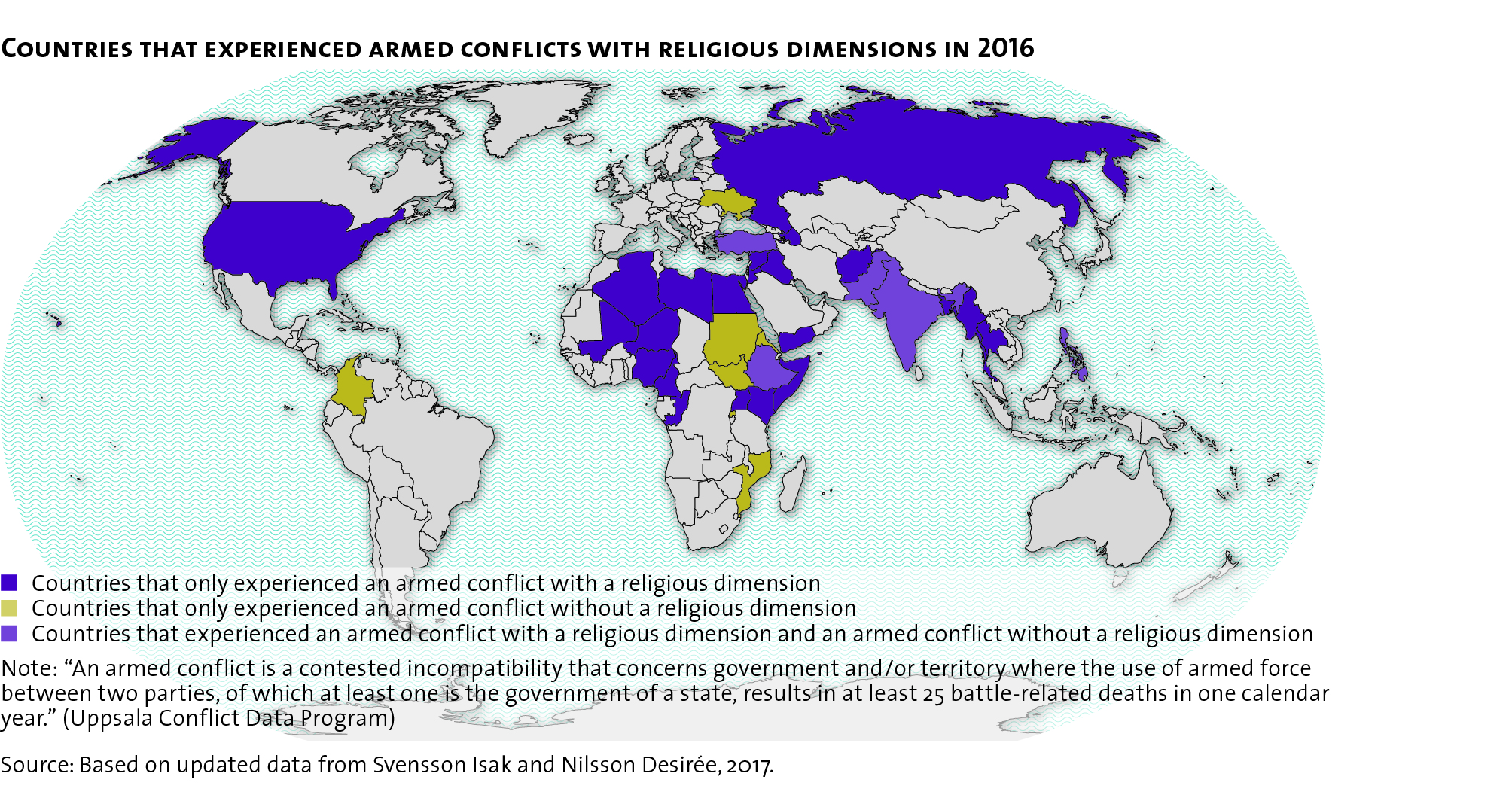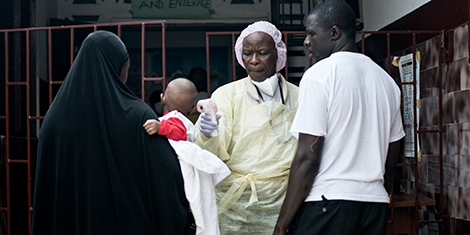
The World Economic Forum’s (WEF) annual meeting brings together global leaders from governments, companies, science and international organizations as well as societal actors. Three members of the CSS attended this year’s WEF in Davos. While Myriam Dunn Cavelty and Matteo Bonfanti joined discussions on different aspects of cybersecurity, Sophie Fischer presented on the role of Artificial Intelligence (AI) in international politics.







